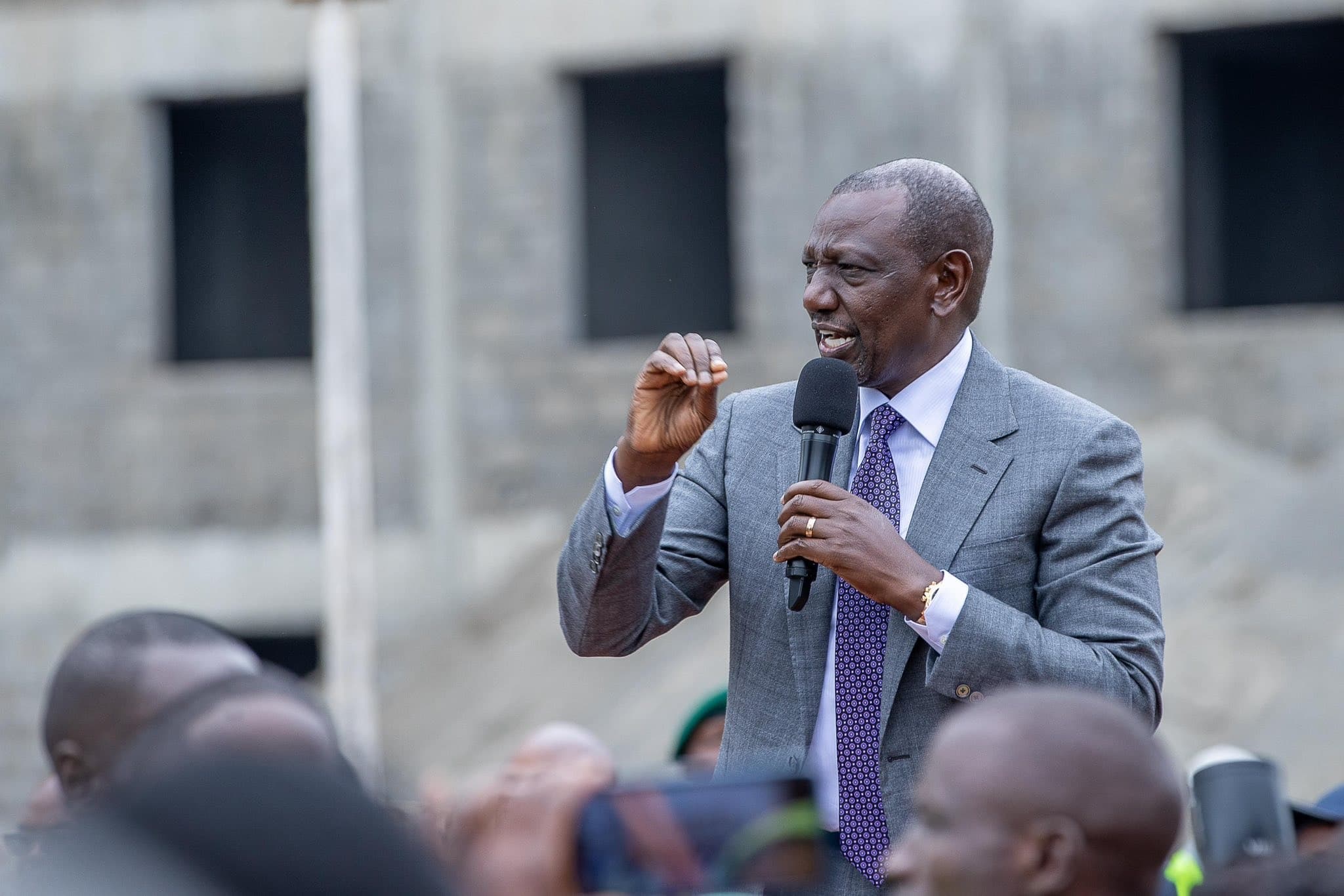We're loading the full news article for you. This includes the article content, images, author information, and related articles.
In a powerful appeal for national unity, President William Ruto has urged all Kenyans to reject the divisive politics of ethnic tension and to vote out any leaders who would seek to incite violence.

Elgeyo Marakwet, Kenya – July 14, 2025
Amid a backdrop of political polarization and recent street protests, President William Ruto has issued a strong call for national unity, urging Kenyans to reject ethnic division and political incitement. Speaking at a church service in Elgeyo Marakwet County on July 12, the President condemned leaders who, he claimed, exploit tribal identities to sow discord for personal political gain.
“Religious leaders and political leaders must stop inciting young people into situations where violence and destruction of property become the order of the day,” President Ruto said, addressing a packed congregation. “Our future as a nation depends on building bridges, not burning them.”
The President’s remarks come at a critical moment, as Kenya grapples with mounting political unrest, economic anxiety, and deepening public mistrust in institutions. Ethnic undertones have resurfaced in political discourse and street demonstrations in recent months, reviving painful memories of past electoral violence.
Ruto emphasized that the ballot box, not the streets, remains the legitimate vehicle for change. He challenged citizens to hold leaders accountable through peaceful democratic participation, and to resist the lure of identity-based mobilization that has historically undermined national cohesion.
The Head of State was in the region to commission a new community water project, which he described as part of the government’s broader agenda of inclusive development. “Every corner of this country matters—regardless of political affiliation or ethnicity,” Ruto said. “When we deliver clean water to Elgeyo Marakwet, we are saying development will not be held hostage to politics.”
A Bid for National Reconciliation
Ruto’s messaging appears aimed at reinforcing his image as a unifying leader amid rising political tension and opposition pressure. His administration has faced protests over the Finance Act, cost-of-living challenges, and accusations of elite favoritism—issues that have galvanized discontent among youth and civil society.
Observers say his speech in Elgeyo Marakwet is both a moral appeal and a political countermeasure—challenging opposition figures such as Kalonzo Musyoka, who have accused the government of corruption and misgovernance, and who have framed recent protests as expressions of legitimate civic anger.
Still, Ruto’s critics argue that national unity cannot be summoned through rhetoric alone. “If the President wants to foster unity, he must confront the inequality and exclusion that fuel ethnic divisions,” said Dr. Susan Githinji, a political sociologist at the University of Nairobi. “Symbolism must be matched by structural change.”
Healing a Divided Nation
Kenya’s political landscape remains fragile. The specter of tribal politics continues to haunt national elections, and many Kenyans—especially youth—feel alienated by a political class perceived as self-serving. Ruto’s attempt to recast national identity along civic rather than ethnic lines reflects a long-running aspiration in Kenya’s democratic evolution—but one that has proven elusive in practice.
As the country moves toward the 2027 general election, President Ruto’s words will be measured not only by their tone, but by their effect on policy, representation, and justice. Whether this latest call for unity can bridge the country’s deep divides will depend on sustained and inclusive engagement—far beyond the pulpit or podium.
Keep the conversation in one place—threads here stay linked to the story and in the forums.
Sign in to start a discussion
Start a conversation about this story and keep it linked here.
Other hot threads
E-sports and Gaming Community in Kenya
Active 9 months ago
The Role of Technology in Modern Agriculture (AgriTech)
Active 9 months ago
Popular Recreational Activities Across Counties
Active 9 months ago
Investing in Youth Sports Development Programs
Active 9 months ago
Key figures and persons of interest featured in this article